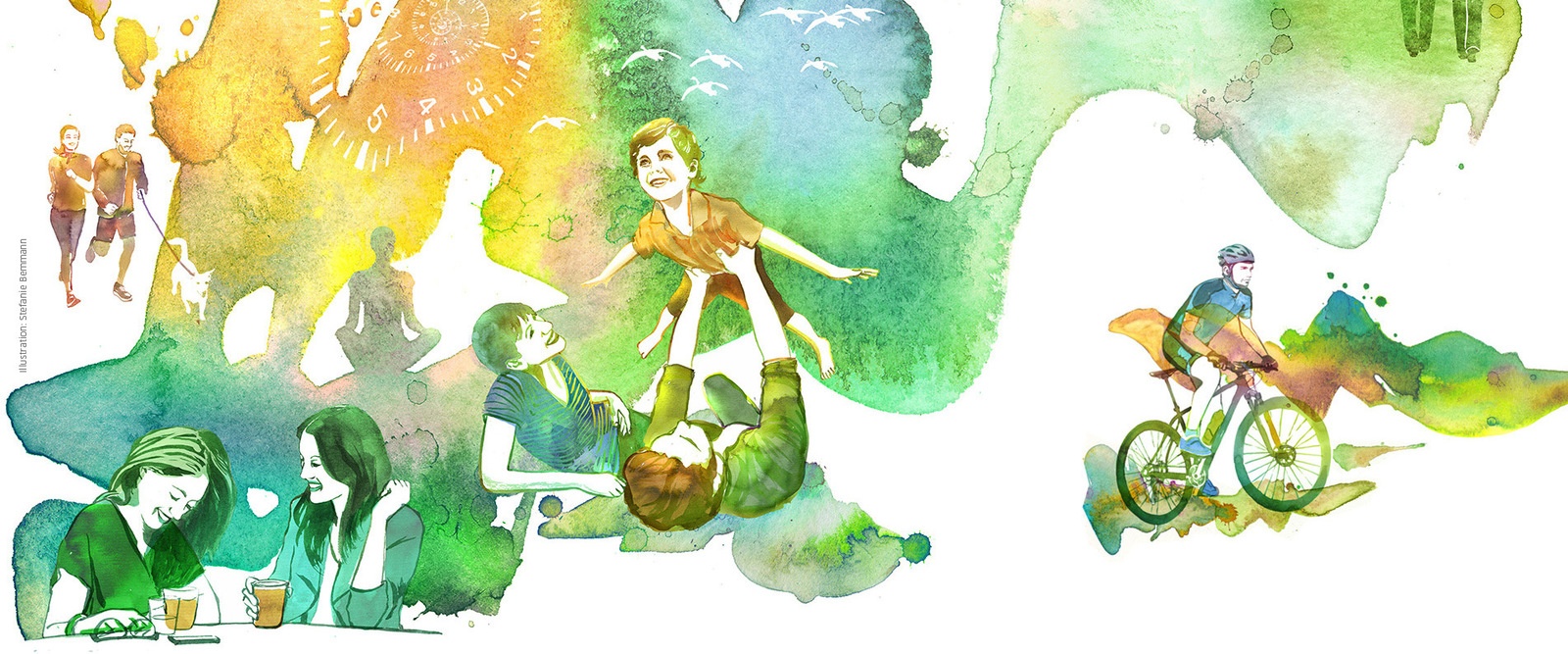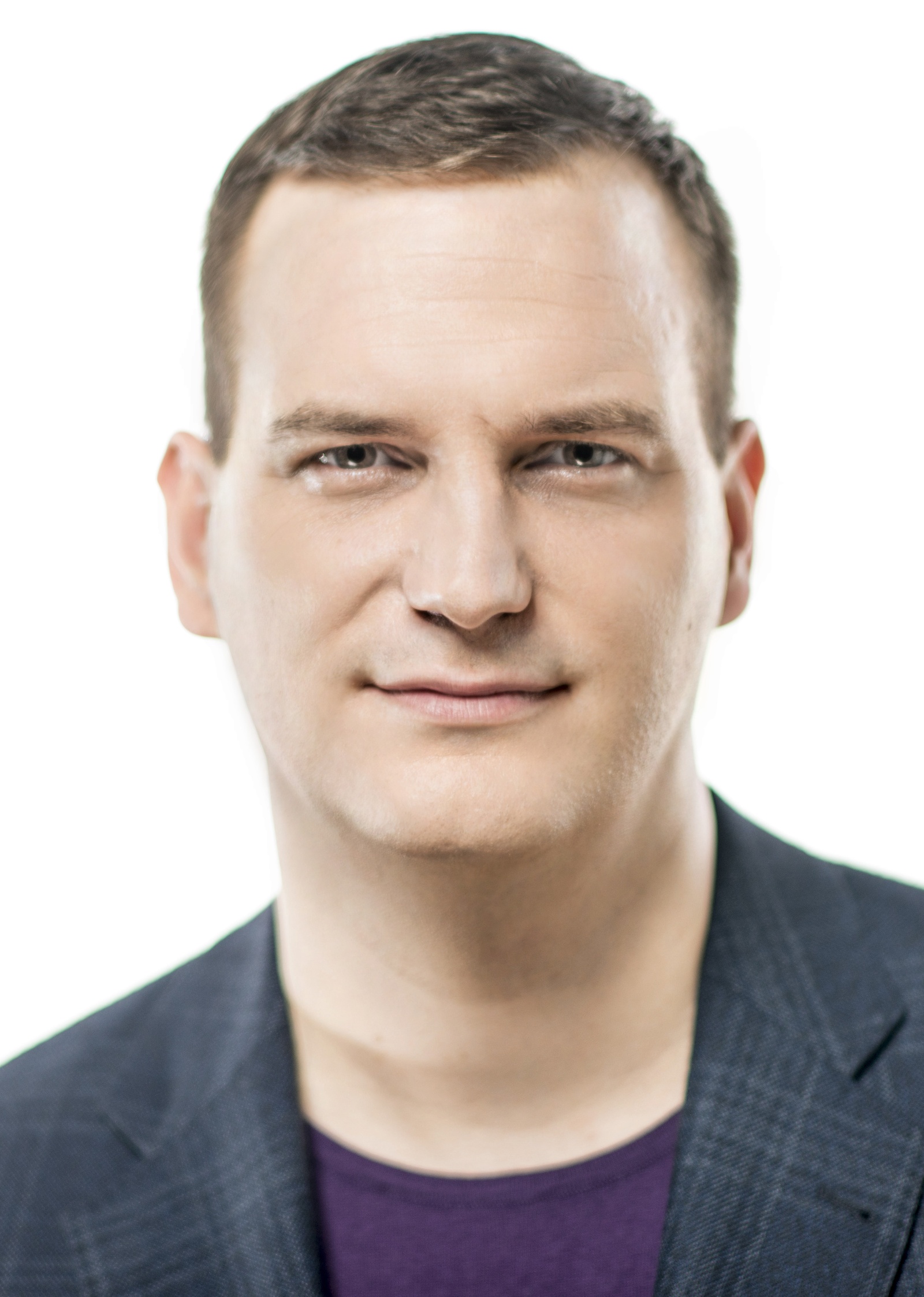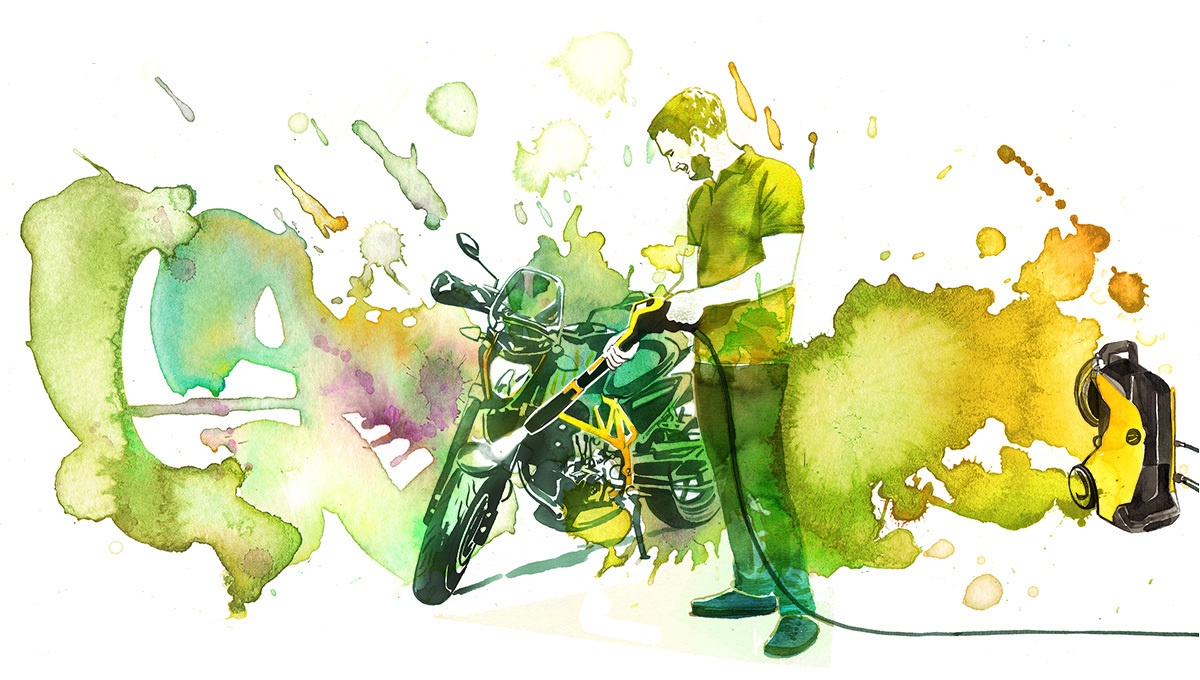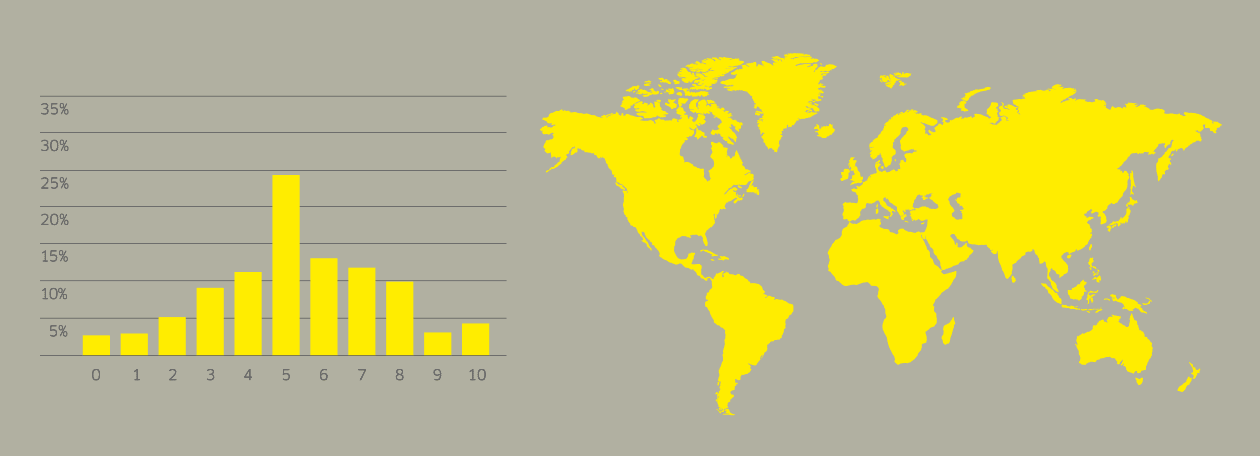家庭与朋友、教育、健康与繁荣:在其对155个国家的研究中,《世界幸福报告》指出,这些方面的差异显著影响我们的幸福感。同时,PNAS*的研究“购买时间促进幸福”,也引起了人们对之前一直隐藏的另一个因素的关注:时间。因为只有那些有时间的人才能把时间花在做让他们快乐的事情上。当然,是由每个人自己决定是请保姆、清洁工还是特殊设备,让家务活和园艺变得既快又容易。
与Nico博士罗斯,积极心理学,教练和Bertelsmanns Chro的专家,差异是在这个问题上花时间进入幸福的秘密 - 发现Kärcher能够与之有关。
I don’t think it has got more difficult; quite the opposite, in fact. But the challenges and problems we encounter on the path to happiness have evolved due to changes in our living conditions. I would describe them as “better problems” compared to earlier times.
采取几个例子:在过去,如果你是鞋匠的第一个儿子,你也会成为一个鞋匠,没有任何ifs或但是。你可能对此感到满意,你可能不是。问题没有出现。今天,单独在德国,您可以选择大约20,000次的学习课程。有些人可能会发现这种选择的自由负担,但它一般被认为是一件好事。在生活中同样的事情。在过去,人们没有足够长的时间来担心他们退休时会做什么。或者没有养老金,人们只是工作,直到他们掉了下来。从客观的角度看一些东西,我认为我们今天更好。但我们也必须在不确定性条件下做出更多决定。 That can affect our mood subjectively. Nevertheless, I doubt people would swap their lives with those from 200 years ago.
要采取有点简化的观点,对幸福的理解可以大致分为东部和西方。在这种情况下,西方观点是基于美国梦的原型的个性化文化的特征。重点主要是个人幸福。在另一边,您将与中国的集体文化作为原型。在这种情况下,个人幸福与其他人或“系统”更强烈地联系起来。
一般来说,西欧文化在这两个哲学之间半途而废。斯堪的纳维亚是一个有趣的案例。多年来,斯堪的纳维亚国家已经出现在世界上最幸福的国家的排名之上。人们在那里享有很多个人自由,但同时一个先进的福利国家系统确保公民之间的物质差异不是太大,并且存在强烈的团结感。这种混合物似乎是个人幸福的理想育种场所。
There are many different ways to answer that question. I would single out three different perspectives.
当谈到我们的年龄的时间时,我们可以原则上期待变老。有证据表明,对于大多数人来说,大多数人的中期危机发生了,平均而言,大多数人都在他们的青年和过去早期的时候,比他们在40多岁的时候和50多岁的开始。在我们50多岁的过程中,水平再次升高,许多人在60年代和70年代初期的幸福巅峰体验 - 只要它们保持相当良好的身体健康。另一种观点是个人经历。在这种情况下,有一个非常简单的答案。当我们在一项活动中被引入时,我们完全失去了时间的活动,即当我们进入“流动”时 - 被证明让我们开心。虽然严格来说,我们只会在我们回顾时意识到这一点,因为当我们实际上是集中的时候,就好像我们那就是那里。但是,当我们回来并意识到我们完全忘记了一段时间 - 这给了我们一个幸福踢。
Ultimately, it is worth looking at our concrete actions – i.e. at how we actually spend our time. The fields of positive psychology and behavioural economics have come up with some clear recommendations in this area over the last few decades: it is important to take time to do something good for yourself. One of the best drivers of happiness is light endurance sport, ideally outdoors. If we could create a pill that has the same effect, it would be a very effective antidepressant. Practising meditation is also proven to promote happiness. Taking a broader view, we should spend as much time as possible with real friends and family. We should devote ourselves to activities that give our lives meaning. A reliable way of doing this is to use our energy to help others. We should spend our time on activities that relate closely to our own innate strengths. How can you tell when you've found the right activity? If, for example, you start something new and find that you learn a lot unusually quickly, you should stick with it. All of these factors are strong candidates for happiness and success.
At this point I have to admit that I don’t do any work in our house or in our huge garden. I’m all fingers and thumbs and I don’t enjoy it. My wife does a lot of it herself; otherwise we employ tradespeople or service providers. It refers back to the question we were discussing before: what am I spending my time on, and when should I sacrifice money so I have time for other things?
But I can definitely see that the process of pressure washing with a Kärcher device is an ideal breeding ground for a “flow” – the special feeling of being completely wrapped up in an activity – if you are attracted to the activity in question. Flow is only created under very specific conditions. This includes having a clear objective, being able to work without distraction with an appropriate tool, and being aware of your own progress at all times. If you can create these conditions while pressure washing, then Kärcher can be a part of your happiness.





